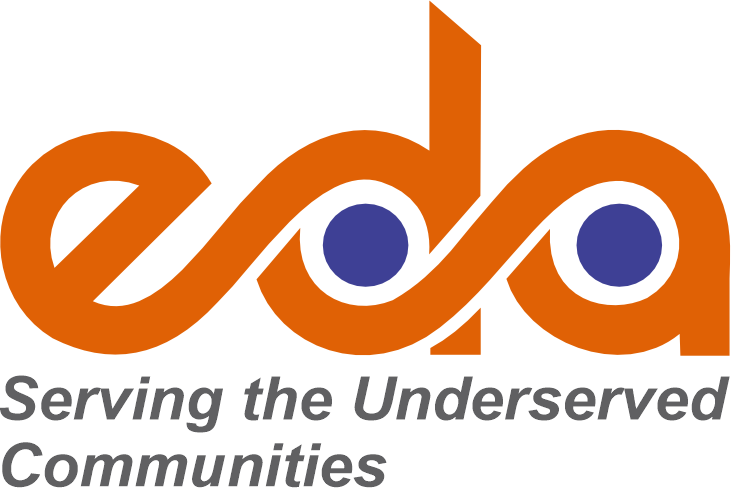
Equitable Development Action -- Amplifying Voices
The significance of representation in Minnesota's BIPOC community
In the heart of the Land of 10,000 Lakes, Minnesota's BIPOC (Black, Indigenous and People of Color) community, accurate representation holds immense importance as it allows for greater visibility, recognition, and empowerment.
The importance of representation within Minnesota's BIPOC (Black, Indigenous, and People of Color) community holds immense weight. Despite comprising a substantial portion of the state's population, The views and concerns of BIPOC Minnesotans are frequently disregarded or neglected as a result of this lack of representation.
At EDA, our goal is to uplift BIPOC communities through advocacy and engagement, providing resources, services, and tailored solutions to overcome deep-rooted challenges.
In our work to fostering an equitable Minnesota for all, our contribution in the representation of the BIPOC communities includes;
Driving Social and Policy Change
Representation in Minnesota's BIPOC community is a catalyst for change. Policies become more equitable and responsive when diverse perspectives are integrated into decision-making processes. Equitable Development Action (EDA) truly understands the needs of the BIPOC community and can champion reforms that address systemic disparities and promote social justice.
Celebrating Diversity and Identity with EDA
Representation is a powerful tool for celebrating the rich diversity within the BIPOC community. Accurately portraying different cultures, histories, and traditions fosters a sense of pride in one's identity and heritage. Recognising and embracing diversity helps combat harmful stereotypes and fosters a more inclusive and accepting society.
Challenging Stereotypes and Misconceptions
Misconceptions and stereotypes can perpetuate ignorance and bias. Representation offers a powerful counter-narrative, allowing the BIPOC community to reshape their perceptions. By sharing authentic stories and diverse perspectives, Minnesota's BIPOC community challenges preconceived notions and paves the way for more informed and empathetic discussions.
Empowering Future Generations
When BIPOC individuals see themselves positively reflected in various spheres, it ignites a sense of possibility and empowerment. Younger generations are inspired to pursue their dreams and aspirations, knowing they can achieve greatness regardless of their racial or ethnic backgrounds. Representation paves the way for a more inclusive and diverse future.
Fostering Inclusivity and Unity
A tapestry is only complete when every thread is woven together. Similarly, a society thrives when all voices are heard and valued. Representation bridges gaps between communities, promoting cross-cultural understanding and unity. By celebrating the contributions of Minnesota's BIPOC community, EDA cultivates an environment of inclusivity and acceptance.
Cultural Exchange and Understanding
Diverse representation facilitates cultural exchange and promotes cross-cultural understanding. It allows people from different backgrounds to see the world through each other's eyes, fostering empathy and compassion. This exchange of perspectives bridges divides and nurtures a shared sense of humanity, leading to stronger community connections.
In Minnesota, representation is more than just a concept—it is a powerful force that shapes perceptions, dismantles barriers, and empowers individuals. By embracing and amplifying the voices of the BIPOC community, EDA fosters a more inclusive, vibrant, and harmonious society. Through authentic storytelling and diverse perspectives, celebrating the resilience, achievements, and contributions of its BIPOC residents, paving the way for a brighter and more equitable future.
Get involved
To know more about our efforts to serve the underserved and our goal to uplift the BIPOC communities across Minnesota follow us on our social media platforms. And if you would like to collaborate, volunteer or donate, kindly send a mail to us at support@edact.org
